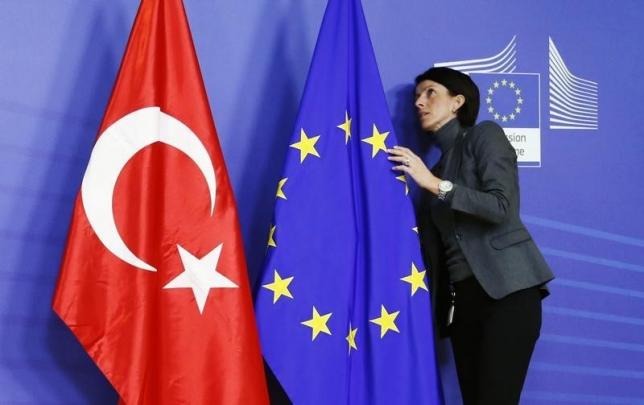Written by Riccardo Talini Lapi
Mario Zucconi studied at the universities of Perugia and Palermo, Italy. In 1968-1970 was a postdoctoral fellow at Princeton University with a Harkness Fellowship. He then taught or was a guest/research fellow, among other places, at Naples University, Urbino University, Johns Hopkins’ SAIS (Bologna Center), NATO Defense College, Columbia University, University of Maryland (College Park), Woodrow Wilson International Center for Scholars. He taught (as visiting professor and later lecturer) at Princeton’s Woodrow Wilson School of Public and International Affairs first in 1987 and then regularly from 2003-04 to 2017-18. He led research projects for the Italian Ministries of Defense and Foreign Affairs and was, on several occasions, expert witness at hearings of the European Parliament and at UN’s consultations. His research has focused on transatlantic relations, East-West relations, the Balkans, Turkey and the Middle East and, most recently, on democratic transition.
Professor Zucconi came to present his new book “EU Influence Beyond Conditionality: Turkey Plus/Minus the EU.” Professor Zucconi tries to fill the gap in the literature on EU conditionality, which rarely looks at what happens within the target country and focuses too often on normative problems, rather than political conditions. His research centered on analyzing the difference in Turkish domestic politics before and after the start of the accession talks to the EU. Professor Zucconi’s thesis is that EU enlargement can bring peace and stability, and the case of Turkey proves it.
Turkey became candidate country to the EU in 1999, after years of political instability and military rule. In 1995 there were a dozen parties in Turkey, of which 6 represented in parliament. The Welfare party, the Islamist party, became the leader of government, but in 1997 the secularist military staged a coup and took over. By the turn of the century, the EU had become the “substitute authority” Turkish people looked upon for hope and direction. The Islamist AKP, born from the ashes of the Welfare and the Virtue parties, the party still ruling today, adopted EU conditions as their official political platform at the 2002 elections. In 2002, the AKP won over 2/3 of seats in parliament, and was thus able to govern without coalition partners. This victory did not only come about because of the mass migration of the rural population to the cities, but mainly because Islamist was the first alternative to authoritarianism. The periphery was, in fact, emancipating itself through the process of migration and political participation in the cities. By 2001, over 75% of the Turkish population favored being part of the EU. The popularity of the EU could not even be stopped by the military, whose chief of staff declared in 2003 that the military would respect the people’s democratic decisions. This positive cycle was reinforced in 2004, when formal negotiations to enter the EU began.

However, in the same year, Cyprus joined the EU thanks to Greek pressures and the Cypriot question became the scapegoat to suspend the accession talks in 2006. As Professor Zucconi noted, perhaps Europe was not ready to accept a majority Islamic country in the Union and to have borders with Iran and Syria. Yet, he thinks that Turkey would have been a strategic member for the EU, as much if not more than the UK as he was once told in Brussels. In 2006, Europe disappeared from Turkish domestic politics, while the AKP has remained in power under Erogan’s leadership. Without the EU, Turkish politics went back to the polarization between secularism and Islamism, with the latter succeeding in the creation of an authoritarian regime under Erdogan’s leadership. The Islamists used the military’s own methods to construct a regime where the links with Europe would progressively disappear.
Today, Turkey is still ruled by Erdogan’s AKP and it has redirected most of its trade and political network from the EU to the Middle East. It is playing an aggressive role in the eastern Mediterranean and is far from the stabilizing Middle Eastern power it used to be in the 1990s and early 2000s. The case of Turkey teaches us that the EU enlargement process should be reformed, and conditionality should be tailored to the domestic politics of the target country to ensure successful entry into the EU.
